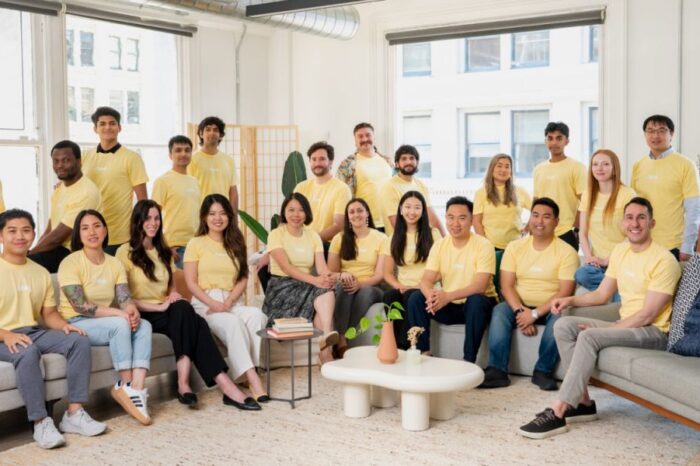Tesla signs $16.5B deal with Samsung to build AI chips for self-driving cars

Tesla is betting big on Samsung.
Elon Musk confirmed Monday that Tesla has inked a $16.5 billion chip deal with the South Korean tech giant to produce the company’s next-gen AI chips—starting with the AI6—at Samsung’s factory in Taylor, Texas. The move gives Samsung’s struggling chip foundry business a much-needed boost, and marks a major U.S.-based manufacturing partnership for Tesla’s Full Self-Driving ambitions.
“Samsung agreed to allow Tesla to assist in maximizing manufacturing efficiency,” Musk posted on X. “This is a critical point, as I will walk the line personally to accelerate the pace of progress. And the fab is conveniently located not far from my house.”
Musk added that the $16.5 billion figure was “just the bare minimum,” suggesting Tesla could end up spending much more as production ramps up.
The deal is a major win for Samsung, which has been bleeding money in its contract chip manufacturing business. Its Texas fab has faced multiple delays and lacked major customers, casting doubt on the company’s push to compete with Taiwan’s TSMC and SK Hynix in the AI chip race. A Reuters report in October revealed Samsung had even postponed taking deliveries of high-end ASML chipmaking equipment for the site due to weak demand. The factory’s operational launch has already been pushed to 2026.
Three sources told Reuters that Tesla was the unnamed client in Samsung’s earlier $16.5 billion announcement. The deal runs through 2033, Reuters reported.
For Samsung, the timing couldn’t be better. The chipmaker has been losing ground to TSMC, which dominates with a 67% share of the global foundry market. Samsung sits far behind at just 8%. While it remains the top memory chip producer, its contract chip manufacturing division—key to its diversification strategy under Chairman Jay Y. Lee—has struggled to retain high-profile clients. Many, including Apple and Nvidia, have flocked to TSMC for more advanced chips.
Tesla’s order could help slow the bleeding. Analysts estimate Samsung’s foundry business lost over 5 trillion won (around $3.6 billion) in the first half of the year. One analyst from NH Investment & Securities called the Tesla order “quite meaningful,” since the Taylor fab previously had “virtually no customers.”
Still, the project has a long road ahead. Musk hasn’t given a timeline for AI6 chip production, but he previously said Tesla’s AI5 chips—which are being made by TSMC—will enter production by the end of 2026. That puts AI6 chips realistically into 2027 or 2028. Analysts, however, have learned not to take Tesla’s timelines at face value.
Samsung currently produces Tesla’s AI4 chips, which power its Full Self-Driving driver-assist system. While TSMC is handling the AI5 at its Taiwan and upcoming Arizona plants, Samsung’s Texas facility is expected to pick up the baton with AI6.
For now, it’s unclear whether the Tesla-Samsung deal is tied to broader trade talks between South Korea and the U.S., where Seoul is lobbying for closer partnerships in chips and shipbuilding to avoid looming tariffs. A South Korean trade ministry official told Reuters they weren’t aware of this specific deal being part of negotiations.
But for Samsung, political optics aside, this deal may mark the start of a much-needed turnaround.





